President Donald Trump is showing the world “the U.S. is back,” Treasury Secretary Scott Bessent told CNBC, as tensions rise over the president’s bid to acquire Greenland.
Asked about the president’s agenda at the World Economic Forum in Davos,…
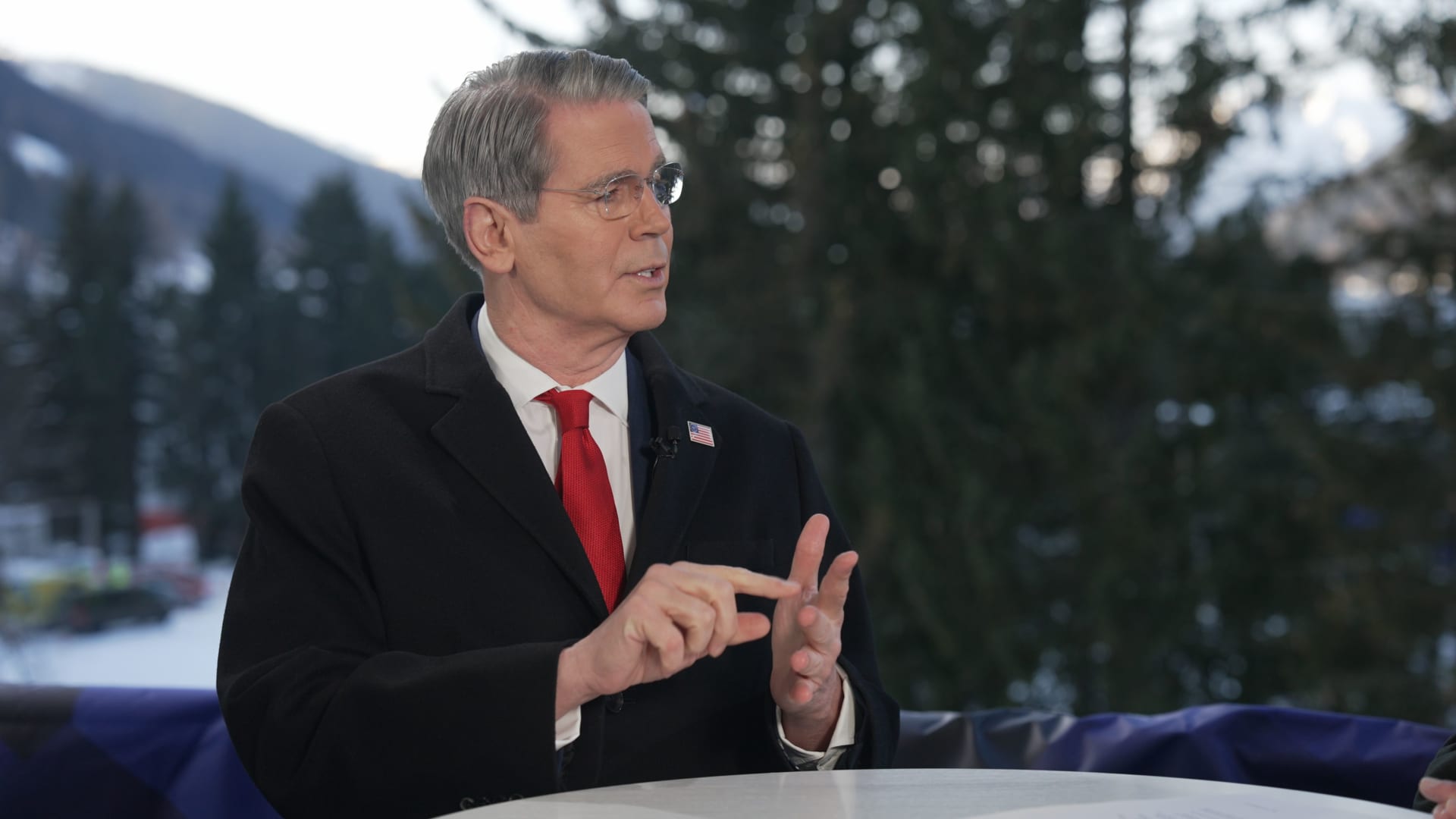
President Donald Trump is showing the world “the U.S. is back,” Treasury Secretary Scott Bessent told CNBC, as tensions rise over the president’s bid to acquire Greenland.
Asked about the president’s agenda at the World Economic Forum in Davos,…
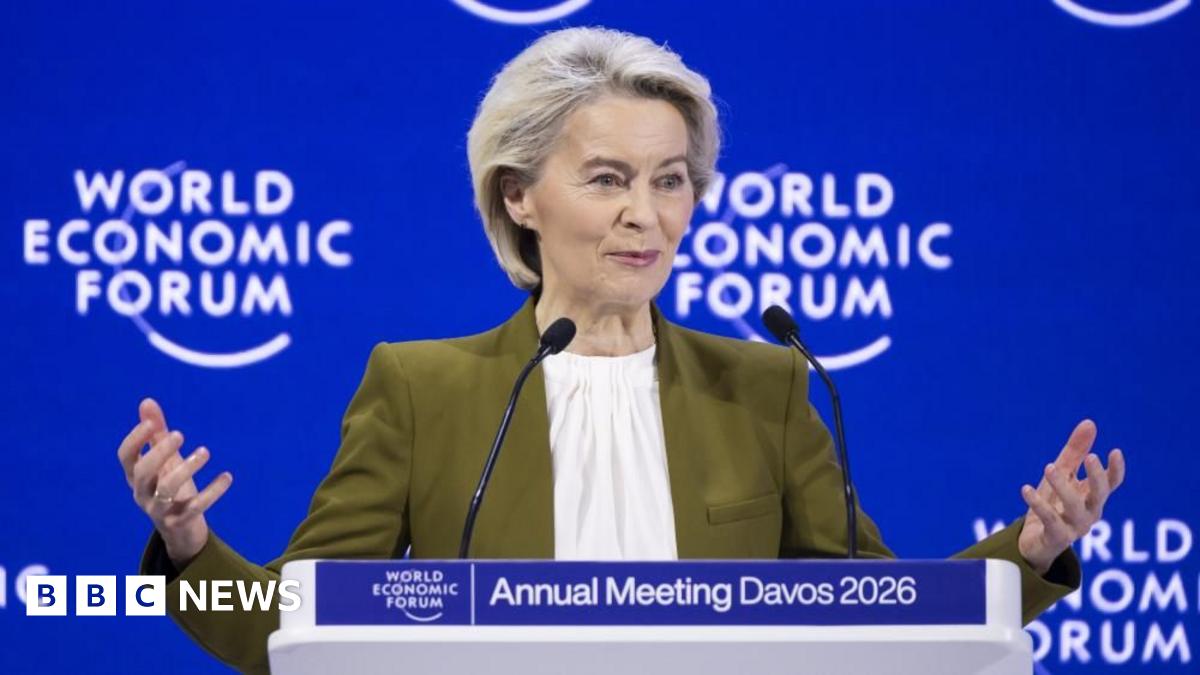
Bernd Debusmann Jr
Travelling with President Trump
I’ve just touched down on Air Force One at the conclusion of a four day trip to Florida, which ended…
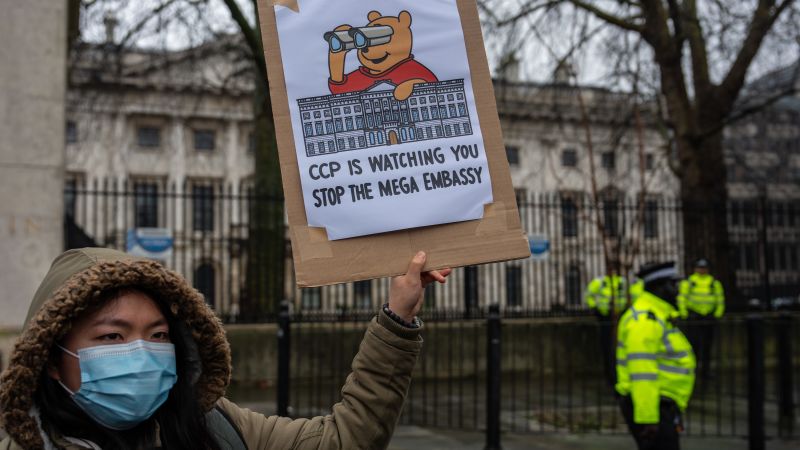
London
—
Britain’s government has green-lit plans for China to build a “mega” embassy close to London’s financial district, despite warnings from lawmakers, residents and…
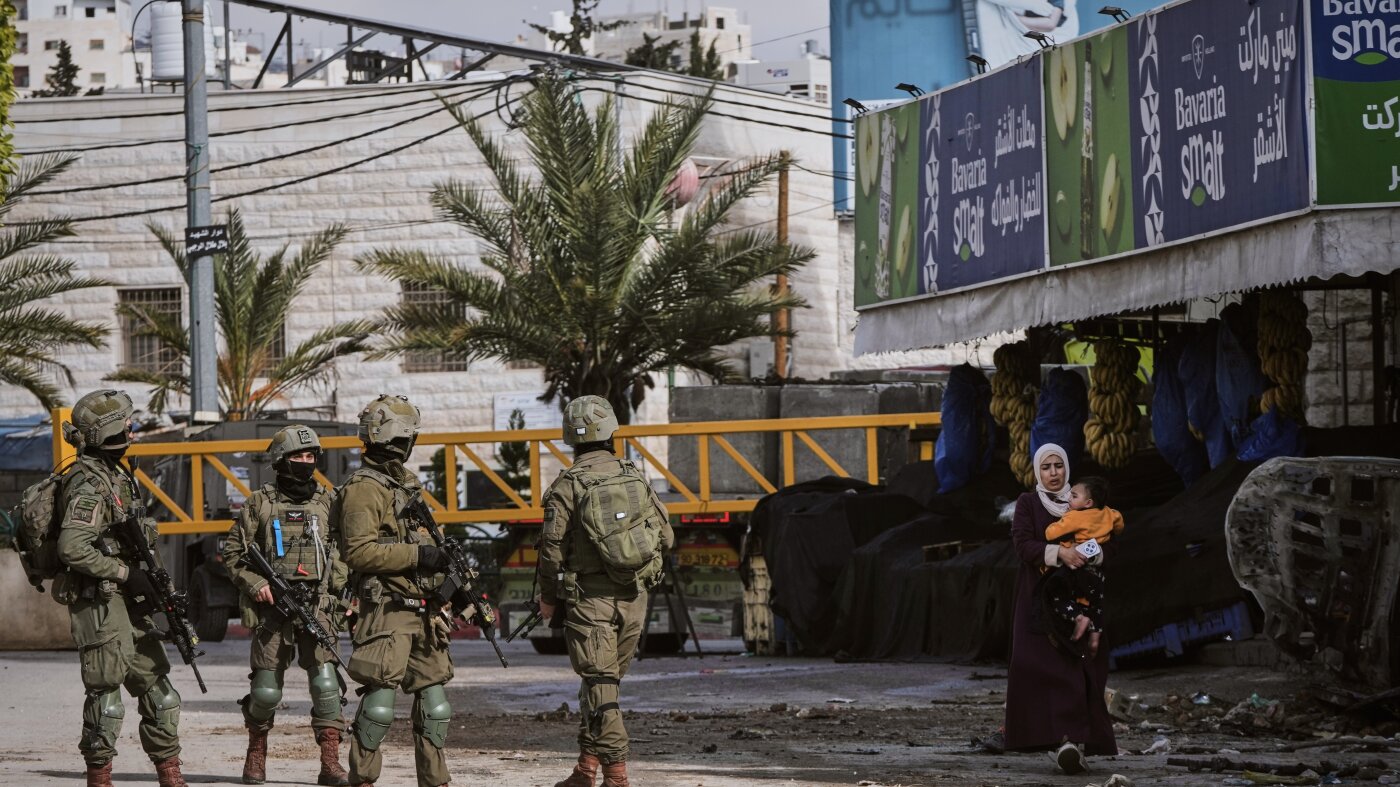
Israeli soldiers take up positions during an army raid in the West Bank city of Hebron Monday, Jan. 19, 2026.
…
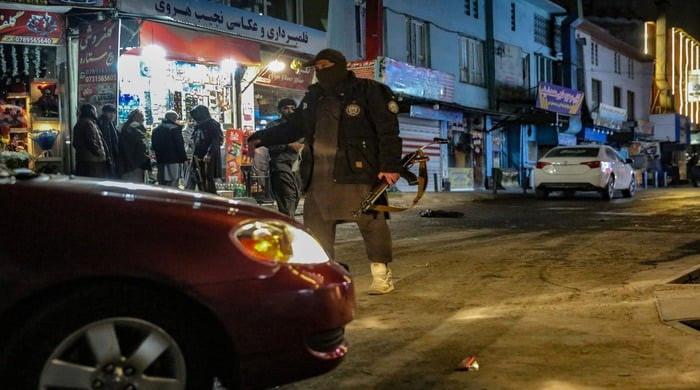
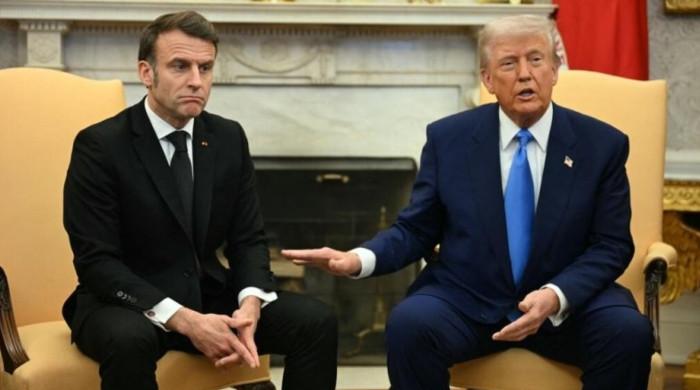
PARIS: Emmanuel Macron has sent a “private message” to Donald Trump offering to…
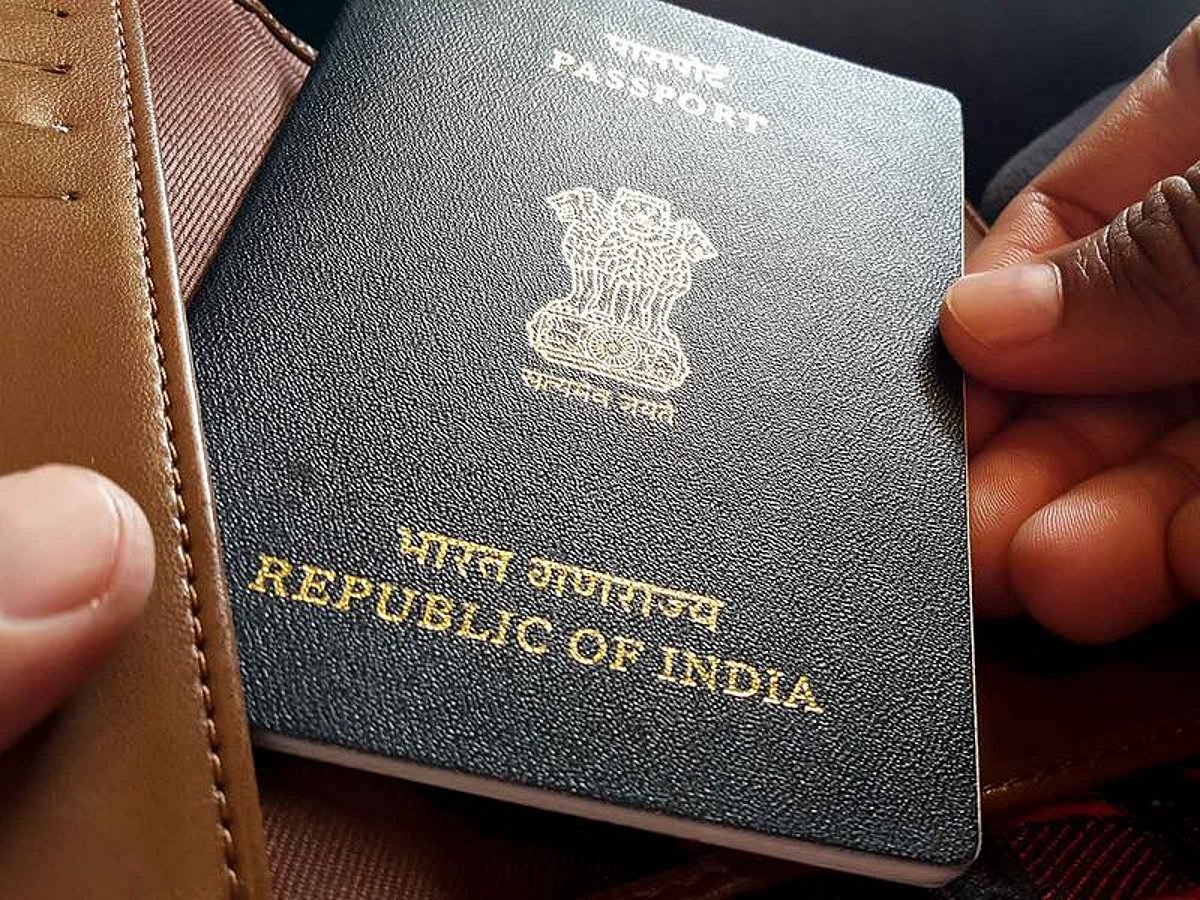
The Henley Passport Index measures a passport’s strength relative to other countries. While India’s ranking improved, several nations worldwide imposed sharper restrictions through tightened borders and…
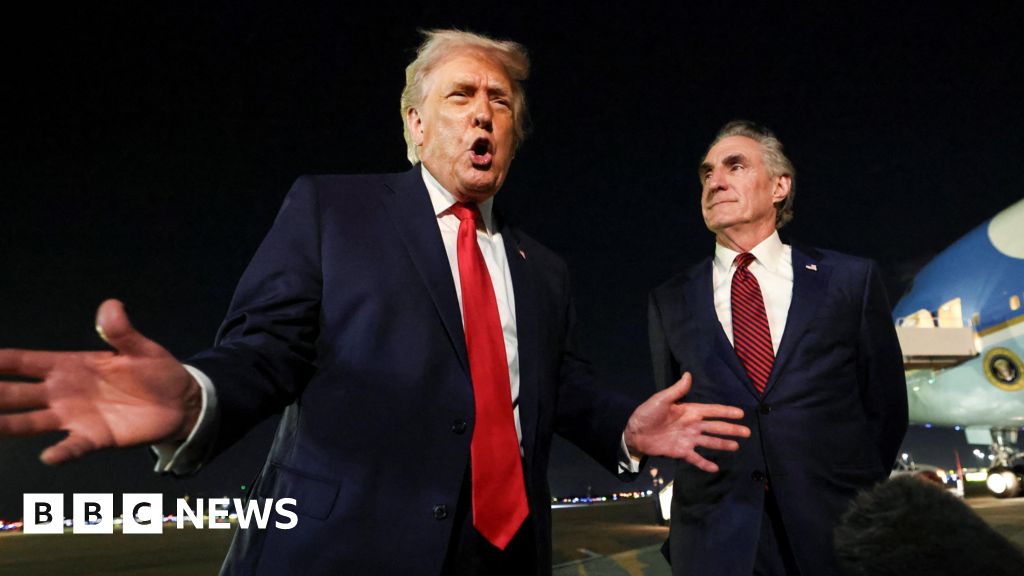
A series of text exchanges between Donald Trump and European leaders about ownership of Greenland have sensationally been released.
The US president has pledged to tell European leaders at this week’s forum in Davos, Switzerland, that “we will…

As Greenland remains under the limelight, it catches world attention…